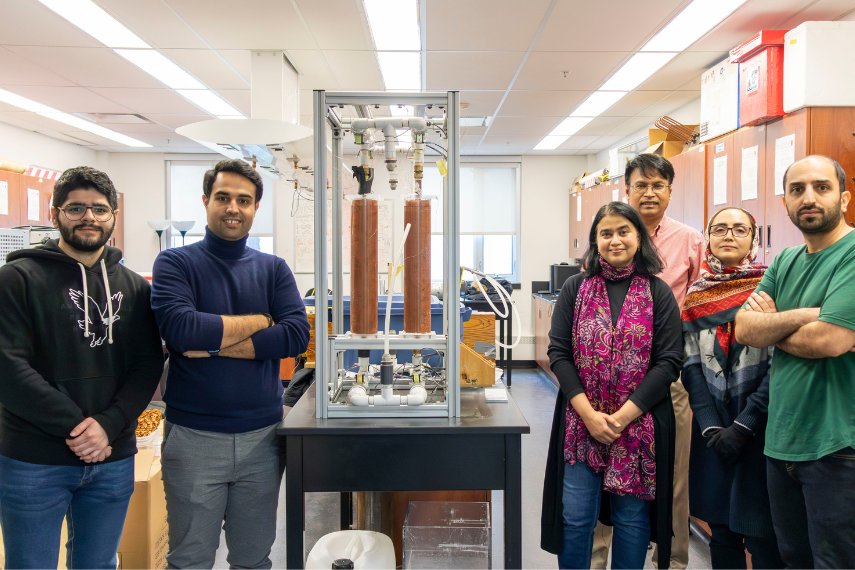
Innovating for a Sustainable Future
Exploring the power of Phase Change Materials, the secret heroes in energy efficiency.

Exploring the power of Phase Change Materials, the secret heroes in energy efficiency.
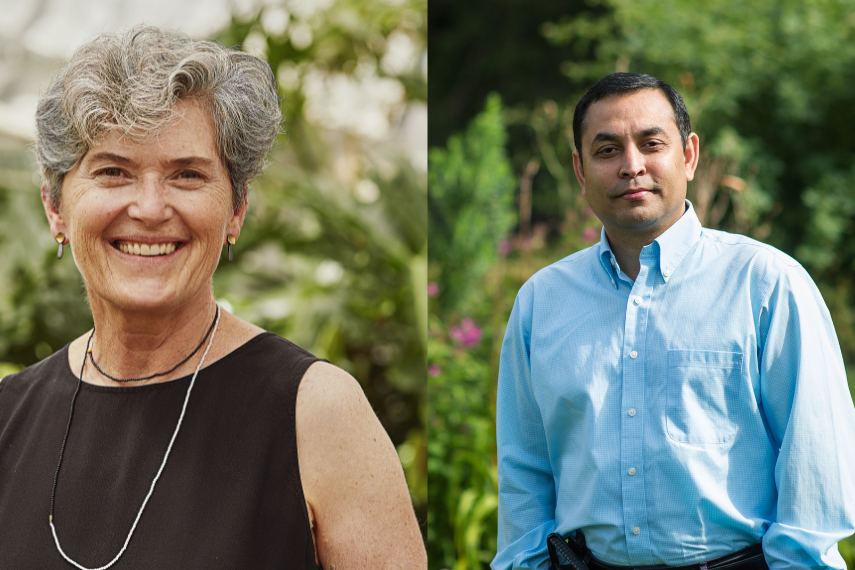
Dr. Animesh Dutta and Dr. Beth Parker have been named as CEPS Leadership Chairs.
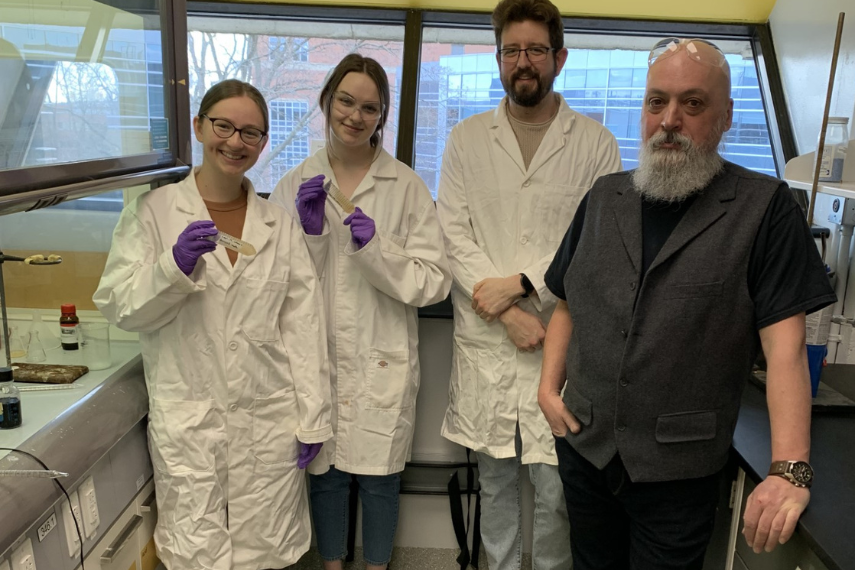
New oral therapeutic to treat bacterial diarrhea enters human clinical trial phase.
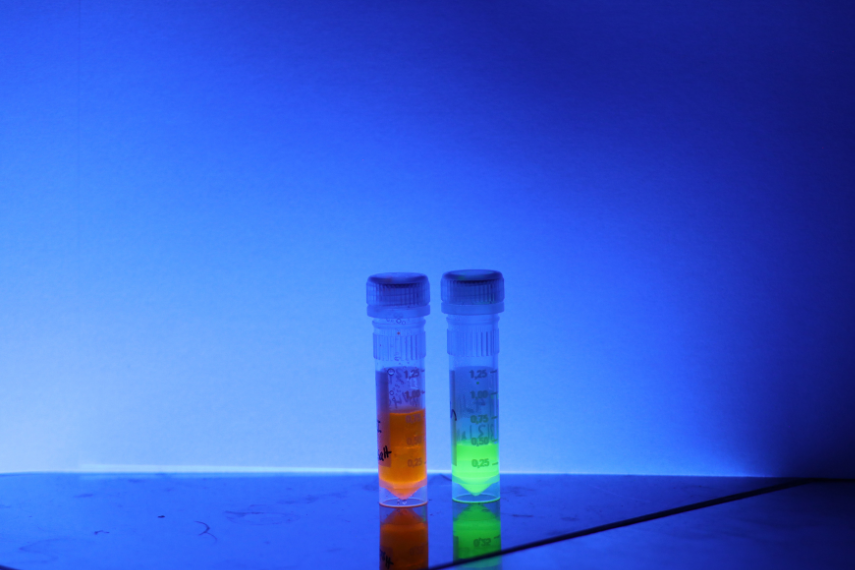
Chemistry researchers develop a new sensor for detecting lead in drinking water.
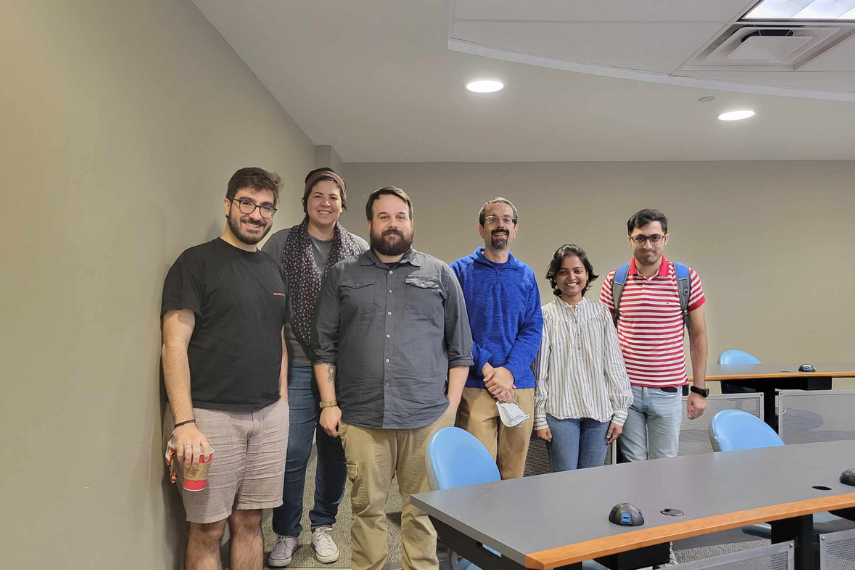
Imagine solving a puzzle with billions of pieces – that's what Dr. Gezerlis and his team are mastering through computational Physics.
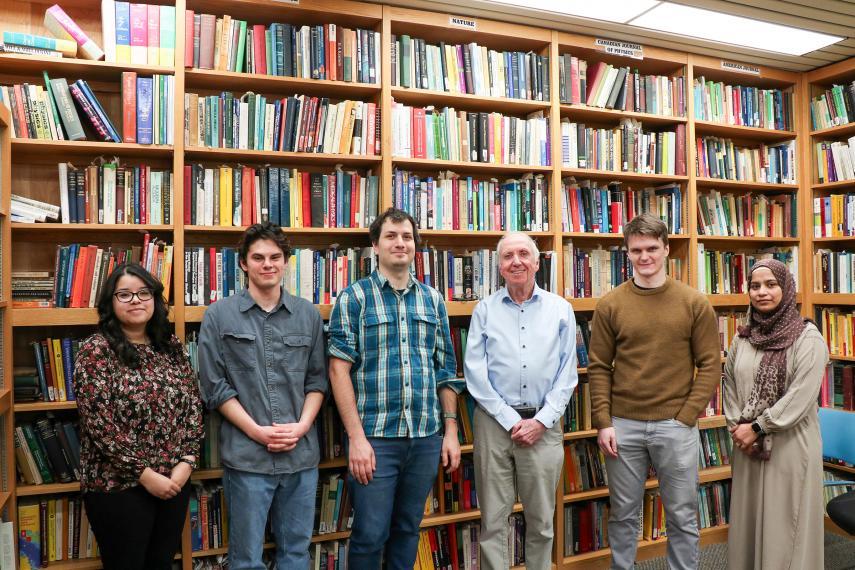
Mathematics professors lead the revolution in carbon capture solvent discovery.
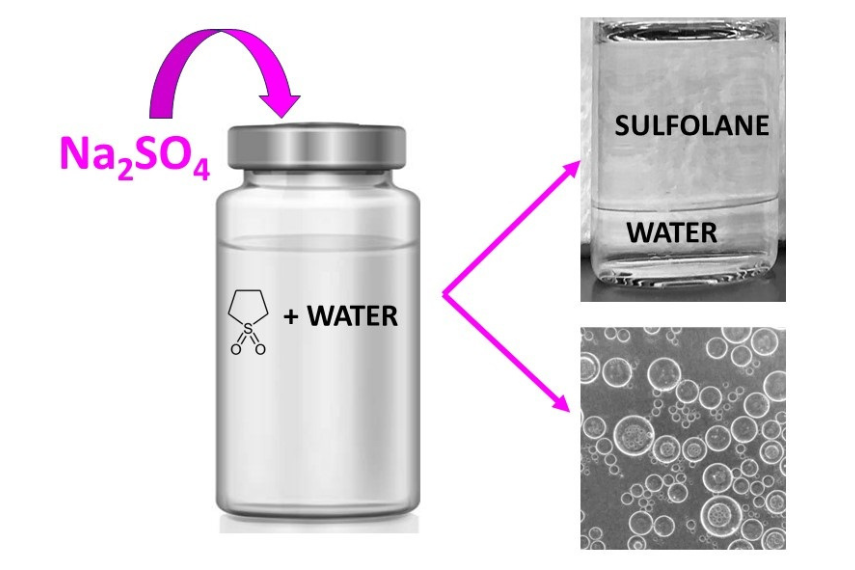
Sulfolane's vast impact, challenges, and meticulous solutions for a sustainable environment.
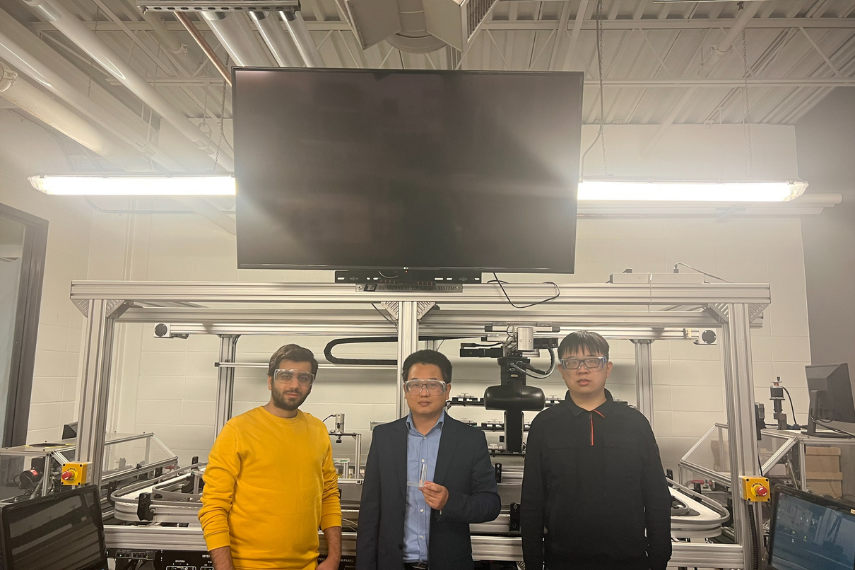
Dr. Sheng Yang and team showcase a practical CBDT framework, altering real-world systems.
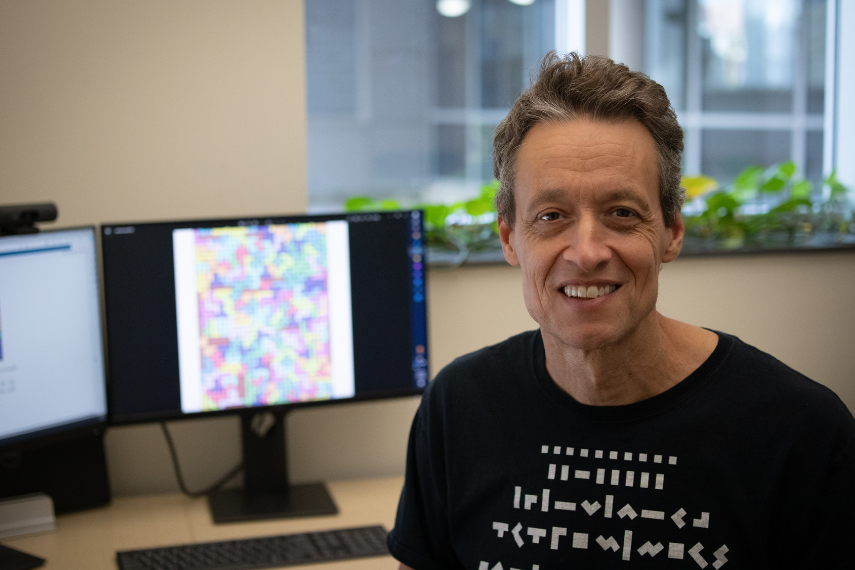
Embarking on a journey through the captivating realm of puzzles, Dr. Marcus Garvie transforms the enigmatic Eternity Puzzle into a thrilling adventure of mathematical ingenuity. Leveraging the power of integer linear programming (ILP), a field deeply intertwined with computational geometry, he not only tackles this challenging puzzle but also illuminates a path for solving similar perplexities.
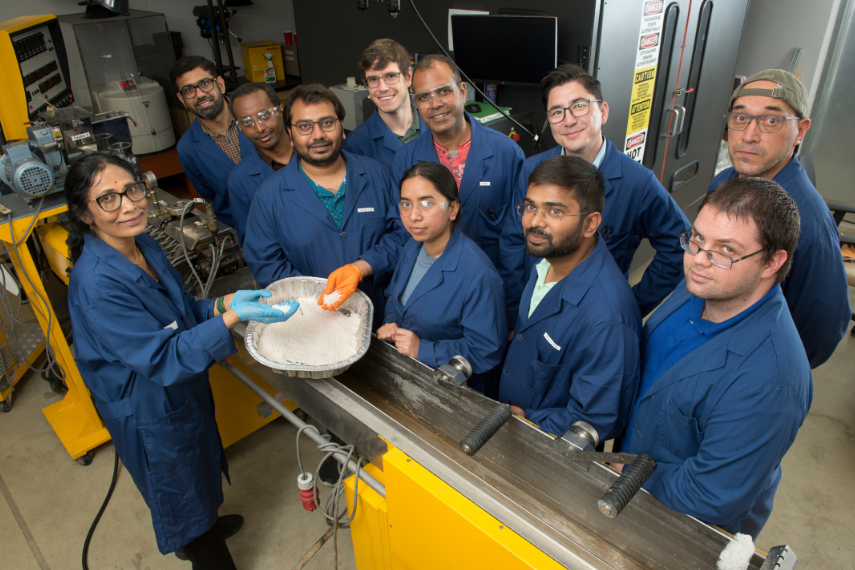
Innovative new material aids in the development of carbon capture technologies.